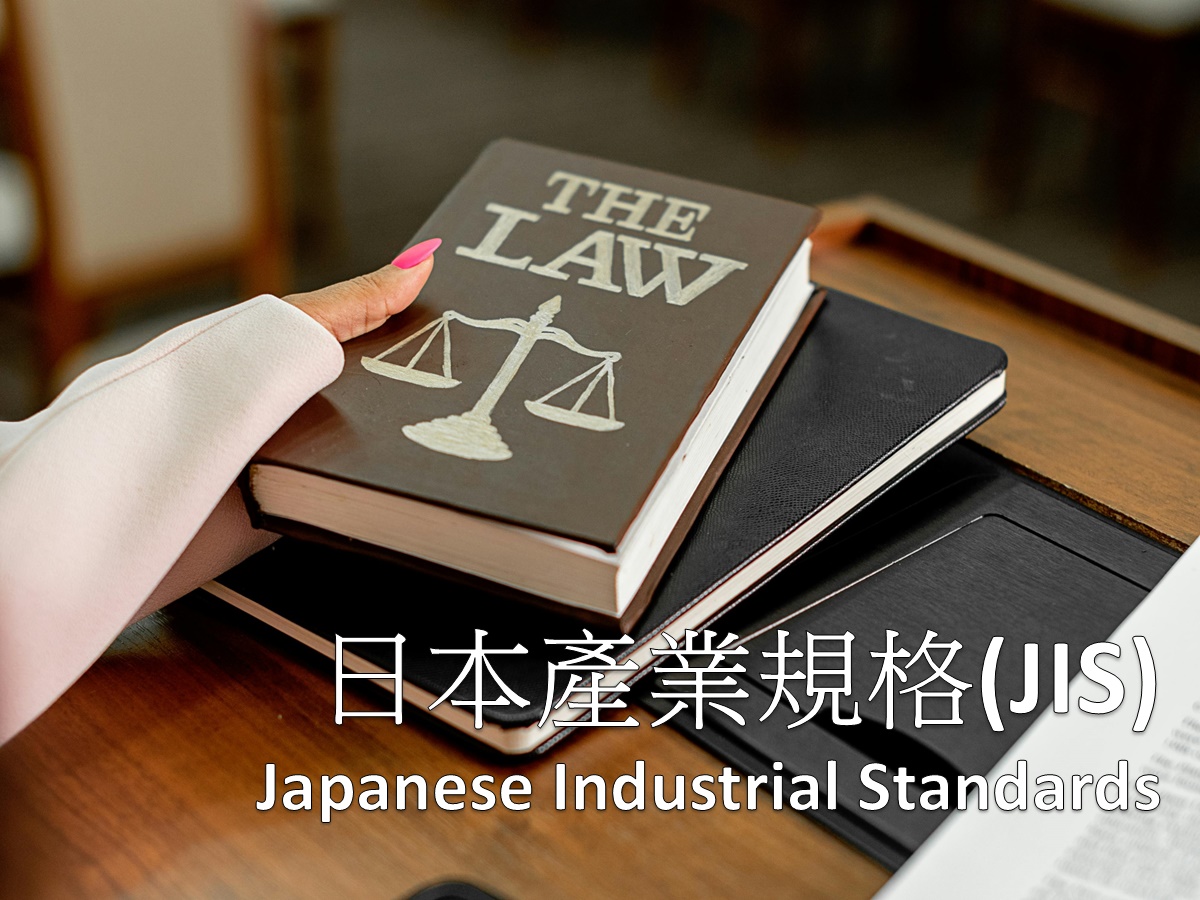[Law] Japanese Industrial Standards (JIS)

Japanese Industrial Standards (JIS) are known in English as Japanese Industrial Standards, and in Japanese as にほんさんぎょうきかく. Since most orders in Taiwan are for Europe and the United States, we're relatively familiar with RoHS and Reach. However, if you're working on Japanese orders, you'll need to understand JIS, so here's a brief introduction.
Japanese Industrial Standards (hereinafter referred to as JIS) are developed and reviewed by the Japanese Industrial Standards Committee (JISC). JIS is the most important and authoritative national standard in Japan. Originally known as "Japanese Industrial Standards" since 1949, it was renamed "Japanese Industrial Standards" on July 1, 2019, in response to revisions to relevant regulations. The English spelling remains unchanged.
About the scope of JIS
- Target Group
- In addition to specialized standards or technical specifications for pharmaceuticals, pesticides, chemical fertilizers, silk, food, and other agricultural and forestry products, these standards are gradually expanding to various industrial sectors.
- Content
- Product standards (product shape, size, quality, performance, etc.)
- Method standards (testing, analysis, testing, and measurement methods and operating standards, etc.)
- Basic standards (terminology, symbols, units, priority numbers, etc.)
- Scope of application
- Civil and construction, machinery, electrical engineering, automotive, railways, shipbuilding, aviation, metallurgy, transportation, chemicals, mining, textiles, papermaking, medical devices, ceramics, daily necessities, and information technology, etc.
JIS number setting
JIS standards are typically designated as "JIS X OOOO: year," where "JIS" is the name of the standard representing the Japanese Industrial Standards, "X" represents the standard's category, a four-digit number represents the specific standard code, and the year represents the year of the standard's most recent revision.
- JIS C: Electrical and electronic equipment standards, for example, JIS C8303 is for electrical sockets and plugs.
- JIS Z: General measurement and inspection standards, for example, JIS Z2201 covers tensile testing methods for metallic materials.
- JIS K: Chemical products and plastics-related standards, for example, JIS K6301 is for rubber materials.
JIS and other regulations
JIS is a domestic standards system in Japan, but it also has links and correspondences with other international standards, such as ISO (International Organization for Standardization), IEC (International Electrotechnical Commission), and ASTM (American Society for Testing and Materials). Many JIS standards are aligned with ISO and IEC standards to ensure the acceptability of Japanese products in the international market.
- JIS and ISO: JIS standards are often developed with reference to ISO standards to facilitate international trade. For example, in many mechanical and electrical fields, JIS and ISO standards share technical requirements.
- JIS and ASTM: Both JIS and ASTM are major sources of standards for material specifications and test methods. ASTM dominates standard development in North America, while JIS has greater influence in East Asia, particularly in the steel and chemical industries.
